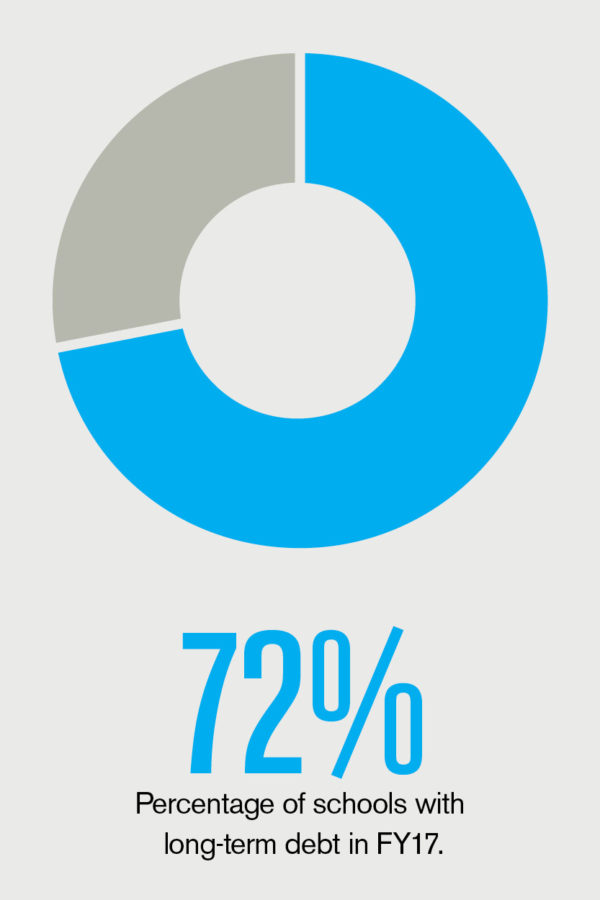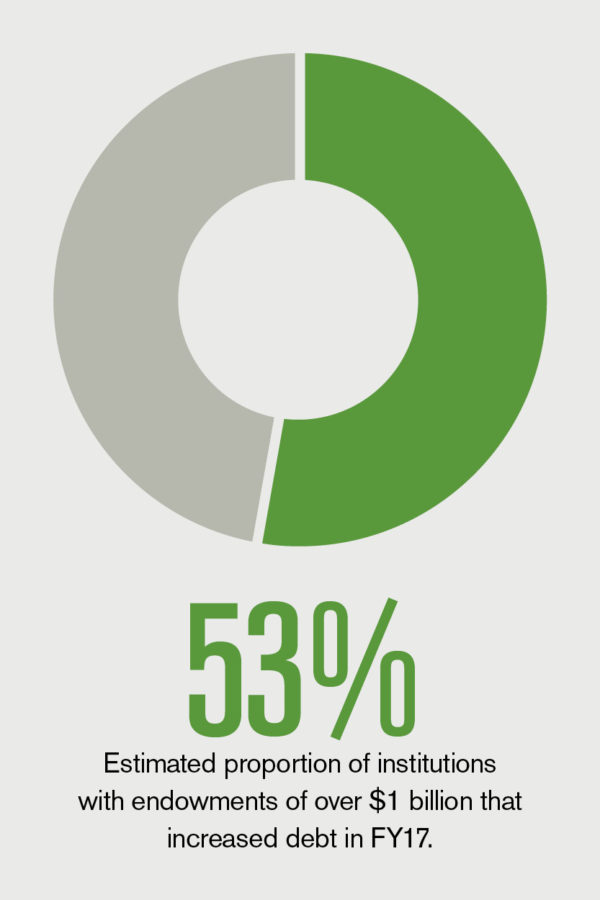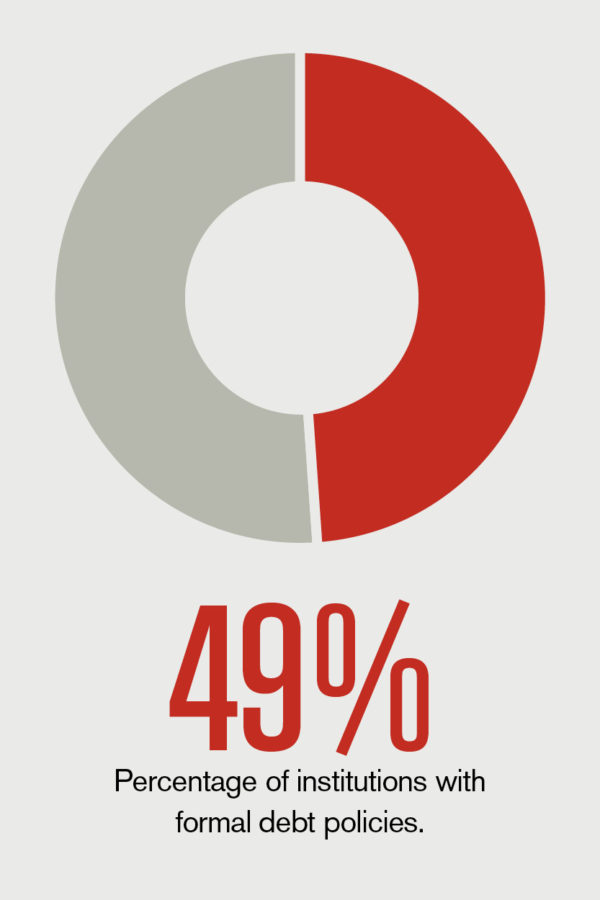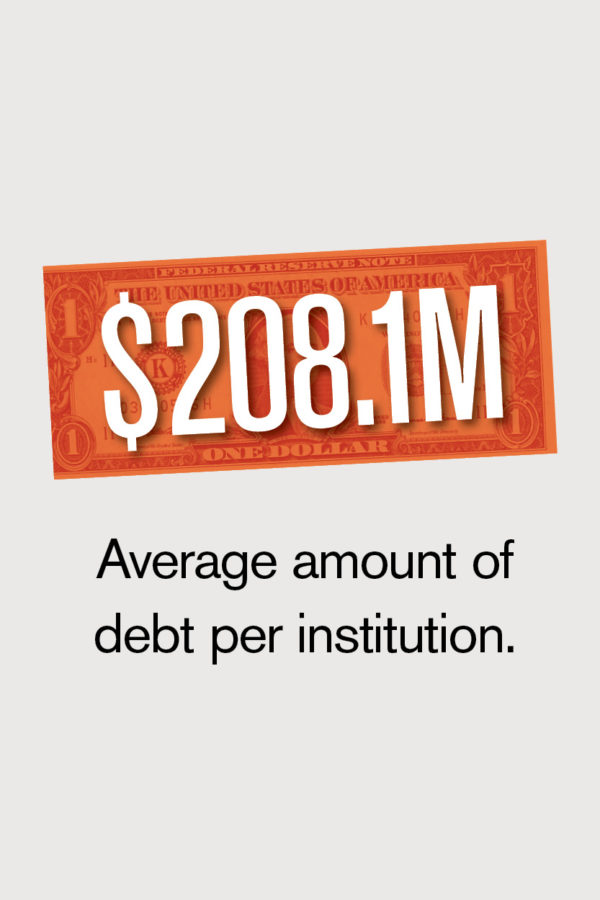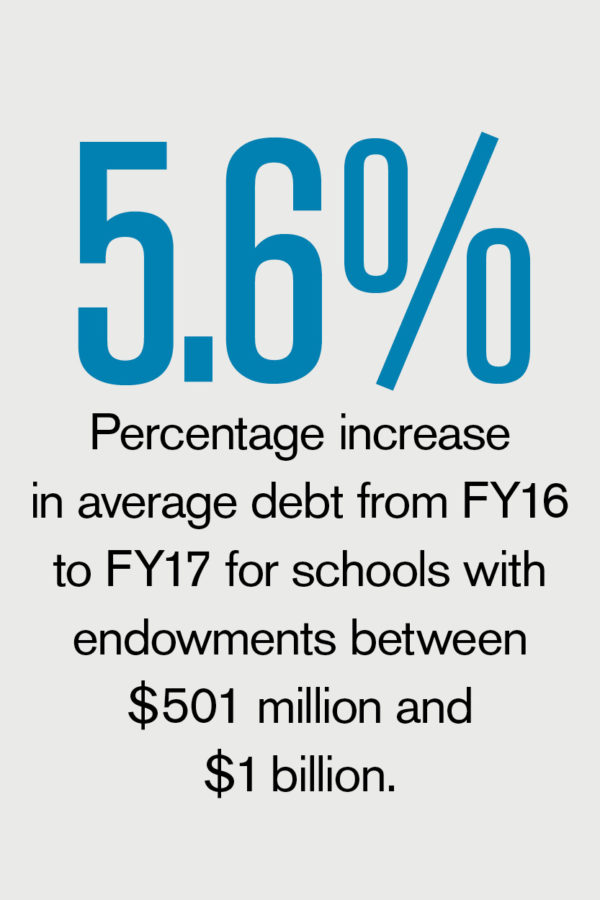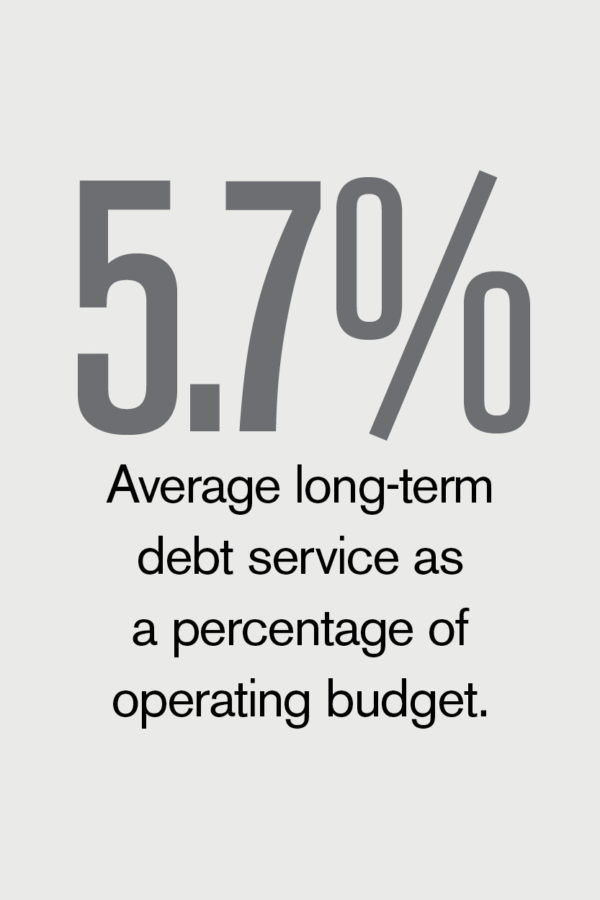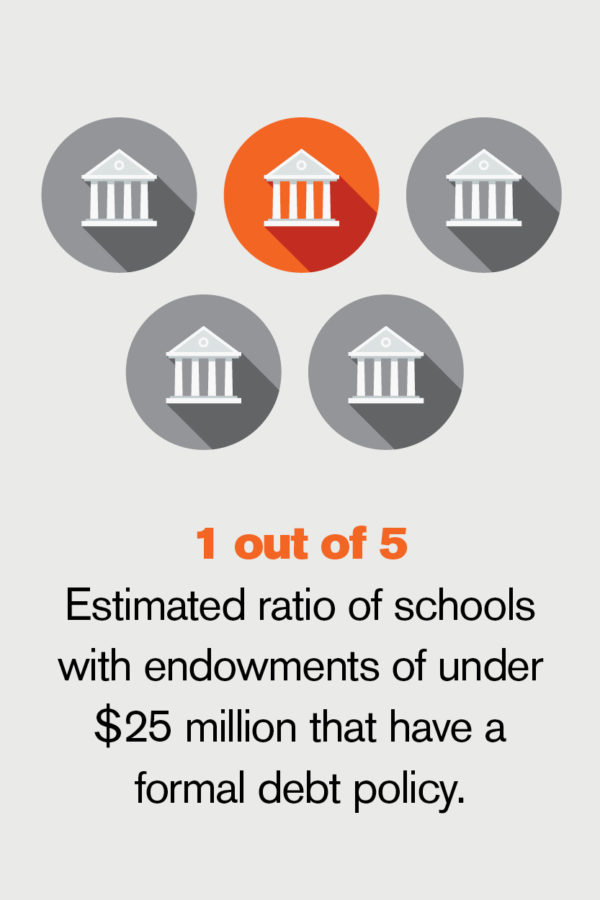Do you know how many small businesses may be your institution’s neighbors? Bob Keith, assistant professor in the Busch School of Business and Economics at The Catholic University of America (CUA), Washington, D.C., certainly does now. A co-founder of the Ciocca Center for Principled Entrepreneurship, Keith learned just how many local businesses were located within close proximity—a happy discovery that coincided with the university’s decision to establish a small business growth partnership with the Initiative for a Competitive Inner City (ICIC), in December 2016. The first-of-its-kind partnership with a higher education institution, the Initiative for a Competitive Inner City has proven to be a good deal for students, faculty members, and local entrepreneurs.
Leveraging Logistics
Arriving at CUA in 2015, Keith recalls efforts to identify a “meaningful, relevant, and practical” strategic initiative for the new business school to pursue. “Given that we were relatively new, we wanted to determine where to focus our energy,” he says. “We began the process of identifying an important project, and one area that interested us was using enterprise solutions to solve problems around the world.”
A year later, this line of thinking led Keith and his colleagues to ICIC. Their research identified ICIC’s Inner City Capital Connections (ICCC) as one of the top programs. Its goal: to position small businesses for growth and success by helping develop and practice skills that enable them to grow, create jobs, and raise capital. According to ICIC’s 2017 Impact Report, since 2005, the program has worked with 1,659 businesses from 476 communities and 45 states.
The incoming dean of the business school facilitated the university entering into a multiyear partnership with ICIC to bring the program to the D.C. area for the first time.
“We would be their first academic partner,” Keith notes, “and the project needed to be consistent with the mission of the university. So, our initial thought was, ‘Why not go out, meet our neighbors, and help our students?’”
In addition to bringing the program to D.C., the university wanted to integrate it directly into its academic curriculum. The result was a yearlong, six-credit small business experience seminar designed for senior students in the business school. Last fall, the students participated in the program events and activities, along with the local entrepreneurs. In the spring, the students are workingon site with the small businesses participating in the program.
“This semester, we are working with a subset of the 100 companies on guided apprenticeships,” Keith explains. “Students are working in small teams on various projects for the small businesses. Twenty to 25 percent of businesses in the cohort are located within one to two miles of the university’s campus. We’ve had wonderful dialogues with our neighbors, none of whom we knew before launching the program.”
Students Step Up
Catholic University’s students enjoy working with small businesses. “You want to practice what you’ve been learning,” says Keith of how students have responded to the program. “After our September executive education sessions, one of the students taking the seminar remarked that he learned more in that one day than he had in a semester.”
That makes sense to Keith. “You walk into a small business and all the issues are present at once: finance, marketing, operations, etc.,” he observes. “You’re forced to accelerate your learning.”
Students must apply for the seminar, which currently is limited to five students and one fellow, who is a recent CUA graduate. According to Keith, the intense level of mentoring that students receive means keeping the number in the seminar small. Their assigned projects are based on the businesses’ challenges and range from strategy-based projects, such as helping businesses think through different ways of growing, to sales and marketing projects that include launching new products or services.
Entrepreneurs Excel
“In the initial 2017 cohort, we have 100 small businesses from the Washington, D.C. area,” Keith says. The participants represent 12 different industries. “They are not startups, but these businesses average $3 million in revenues annually.”
According to Keith, some of the companies in the program are growing rapidly, while others are at a crossroads. One in the latter category is Mess Hall, a provider of commercial kitchens and related services to up-and-coming food entrepreneurs in northeast Washington, D.C. Owner Al Goldberg believes that the proximity of the business school coupled with access to “an intense program that can offer so much in such a little amount of time” was just the right combination, when considering options for taking the business to the next level.
In addition, nearly 20 other businesses in the program are “maker” companies that produce physical products. Keith notes that their participation is particularly rewarding: “There are a wide range of challenges associated with them that [represent] great opportunities for our students to be exposed to a real business.” So, just as intended, students and entrepreneurs are learning from each other.
Faculty Facilitate
Keith and other faculty play a key role in the learning process for both groups. One important component of the program is the one-on-one coaching and mentoring of the small businesses, with CUA providing 10 of the coaches.
“I am the coach or mentor for six companies, and I have ongoing conversations with another 12,” Keith explains. “The dean of the business school is coaching three companies, and over time, we want to engage other schools within the university as well. Faculty members appreciate the ability to reach out and interact with businesses. Some may incorporate this experience into their courses. As the program progresses, I can see the number of faculty who participate increasing.”
Moving Forward
More people and resources will be needed for Catholic University to move forward with the other two components that Keith envisions for the overall program.
- An earlier-stage studio providing space for companies to flesh out and shape ideas prior to entering the current ICCC component.
- Research and development through which the program’s knowledge and lessons learned can be transferred to other cities.
“Donor sources fund this particular program,” Keith says, and if that continues, program expansion is feasible. “Costs don’t come out of operating funds. Funds have been earmarked for this project, so there’s no cost to the businesses to participate.”
In general, Keith believes Catholic University’s approach to developing the program is a model that other institutions would do well to follow. “We did not start with a class and then find a project to work on. Instead, we considered what would be an interesting project in line with real-world problems and the university’s mission—and then we designed a new academic component inside the project to amplify the learning,” he says. “If more universities began thinking in these terms, it would make learning more meaningful for the students and give higher education institutions the opportunity to bring more innovation into the classroom experience.”
SUBMITTED BY Apryl Motley, Columbia, Md., who covers higher education business issues for Business Officer.





